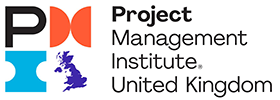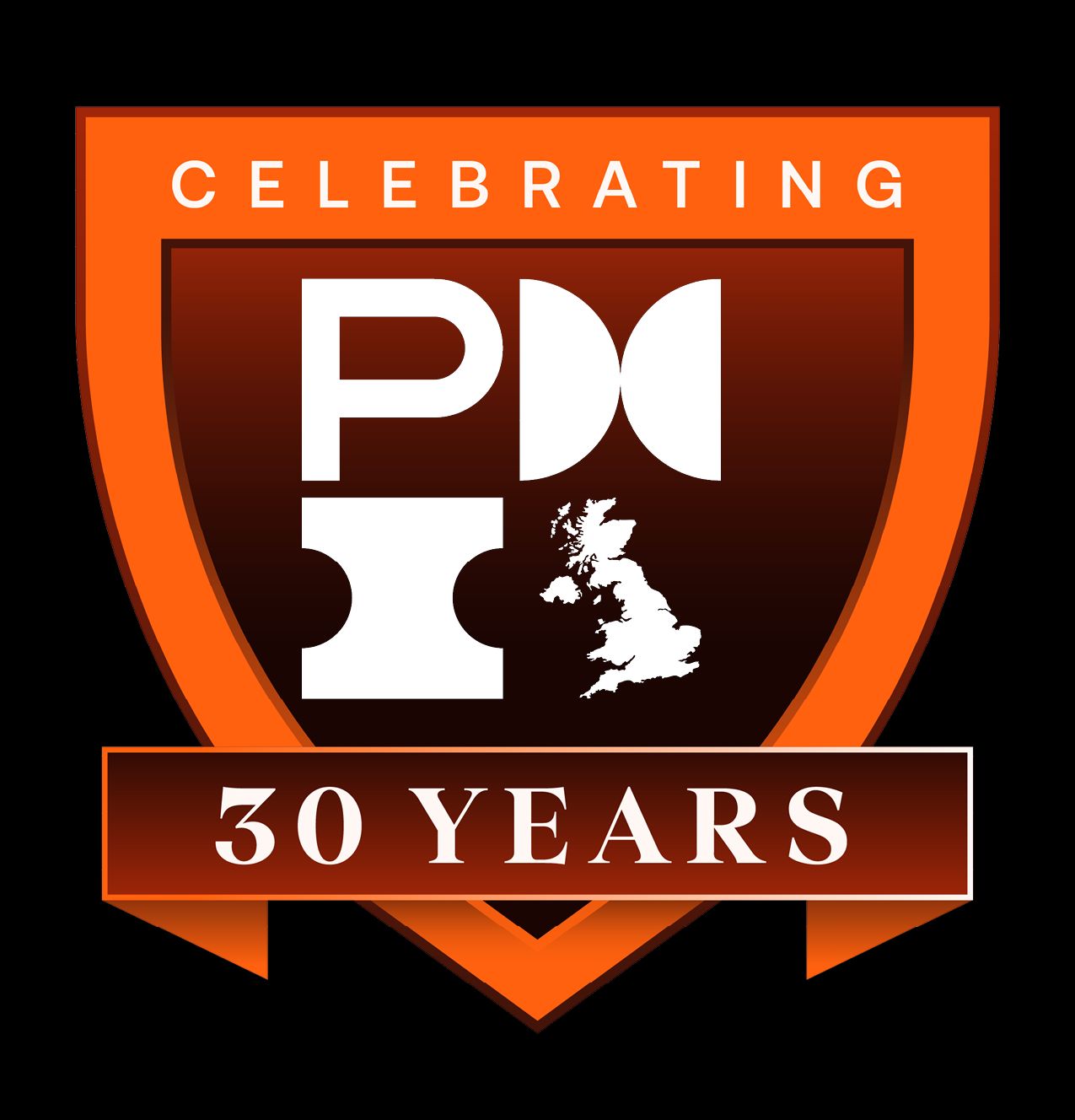Introduction
On the 31st of July 2024, a significant event in the project management calendar unfolded – the PMI AI Community Day. Hosted by ProjectManagement.com, this day was packed with virtual events designed to illuminate the intersection of artificial intelligence (AI) and project management.
Among the standout sessions was a live webinar titled “Will AI Replace the Project Manager’s Role?”. Moderated by Sallie Makar, Director of the Global Executive Council, the session featured a thought-provoking discussion on AI’s transformative impact on the project management profession. Senior leaders from IBM, Google, and the Infrastructure and Projects Authority (IPA) of the UK shared their insights, offering a deep dive into how AI is reshaping the landscape of project management.
Setting the Scene: The Significance of PMI AI Community Day
The PMI AI Community Day was more than just a routine event; it was a confluence of ideas and insights aimed at equipping project professionals with the knowledge to navigate the rapidly evolving landscape of AI and data analytics.
The day featured three live webinars, including the one moderated by Sallie Makar, alongside on-demand webinars and a plethora of articles on AI and data analytics. This blend of content provided participants with a holistic view of how AI is poised to impact their roles and the wider field of project management.
With over 2000 project professionals in attendance, “Will AI Replace the Project Manager’s Role?” webinar underscored the growing importance of AI in project management.
The PMI Global Executive Council: A Nexus of Influence
Sallie Makar began the webinar by shedding light on the PMI Global Executive Council. The council consists by 76 leading organisations and government agencies around the globe. They are PMI strategic partners from various industries wjo share a common goal: to drive success, innovation and excellence in project management.
As Sallie described, the council serves as a platform for collaboration, where leaders can share best practices, discuss emerging trends, and collectively address the challenges and opportunities presented by technological advancements like AI.
The council’s involvement in this discussion was particularly relevant, given the strategic insights and real-world experiences of its members in implementing AI within their respective organisations. By bringing together leaders from IBM, Google, and the IPA, the webinar provided a unique opportunity to explore AI’s impact from multiple industry perspectives.
The Role of AI in Project Management: Current Perspectives
The webinar kicked off with a fundamental question: “How will Generative AI (Gen AI) impact the role of the project manager?” This query set the tone for a deep exploration of the evolving responsibilities and skills required in the age of AI.
Ben Royce, AI Services Leader at Google, was the first to respond, offering a perspective that balanced optimism with realism. He argued that project managers are likely to become more central to large, complex projects rather than being sidelined by AI. “Gen AI is slowly becoming like a single source of truth for large complex projects.” He suggested that instead of rendering project managers obsolete, AI would transform their roles, shifting them from managing updates to managing the AI models that generate those updates. He emphasised the importance of project managers in maintaining the integrity of project data, noting that the role’s value lies in ensuring that the AI-generated insights are grounded in reality. “Project managers are the best role for maintaining the truth,” Ben added, highlighting the need for human oversight to ensure AI systems remain aligned with real-world conditions.
Karina Singh, Director of Function, Profession & Standards at the Infrastructure and Projects Authority (IPA), echoed Ben’s sentiments but added a layer of nuance. She acknowledged that while AI and data would indeed change the role of the project manager, it would not eliminate the need for human oversight and strategic input. “We will still need project managers…on problem solving, relationship building, leadership, and making strategic connections,” Karina asserted. She highlighted the enduring importance of these human-centric skills, which AI cannot replicate. Karina also touched on the challenge of adapting to AI’s speed and scale, suggesting that project managers must be prepared for faster decision-making and increased responsibility. “The scale of what we’re talking about and the speed at which data will be gathered and used will be unprecedented,” she noted.
Jim Boland, Global Project Management Centre of Excellence Leader at IBM, brought a historical perspective to the discussion, comparing the current AI revolution to the advent of Agile methodologies. He recalled how Agile was once seen as a potential threat to the project management role, yet over time, it became clear that project managers were more essential than ever. “Remember when people said Agile would replace project managers? We adapted, and project managers became even more critical,” Jim remarked, drawing parallels to the current situation with AI. He predicted a similar outcome with AI, where certain administrative tasks would be automated, freeing up project managers to focus on higher-value activities. He also pointed out the emerging need for project managers to integrate AI governance into their projects, particularly in areas like data validation, security, and ethics. “Project managers will become the chief humans in the loop,” Jim stated, emphasizing the continued importance of human judgement in the AI age.
Exploring AI’s Impact: Beyond the Surface
As the discussion progressed, the panellists delved deeper into specific ways AI could enhance or challenge the project management profession.
Jim Boland emphasised the administrative burden that AI could alleviate, allowing project managers to focus more on creativity and innovation. He highlighted how AI could automate tasks such as resource allocation, minute-taking, and timesheet management, which would otherwise consume valuable time. “Think about the hours we spend documenting minutes or chasing up actions—AI can handle that, freeing us up for strategic work,” Jim noted. He also discussed the potential of AI to improve project predictability by providing on-demand insights and facilitating faster course corrections.
Ben Royce expanded on this by discussing the potential for AI to revolutionise onboarding processes. He shared an anecdote about how new employees rarely receive comprehensive guides to their roles, a gap that AI could fill by curating relevant documents and insights tailored to specific roles. “I’ve never met anyone who got a comprehensive guide to their job when they started,” Ben quipped, “but AI can change that by pulling together the collective knowledge of the organisation.” This, Ben suggested, could dramatically improve the speed and quality of onboarding, ensuring that new project managers or team members are brought up to speed more effectively.
However, the panellists were not blind to the challenges. Karina Singh raised a critical point about the need for readiness—both in terms of organisational preparedness and individual adaptability. She warned that while AI could free up time for innovation, it also required project managers to be quicker in their responses and more adept at handling complex data. “Your reaction time needs to be much quicker when the same data is seen by you, your boss, and their boss simultaneously,” Karina cautioned. She stressed the importance of upskilling, particularly in data literacy and ethical decision-making, to ensure that project managers remain relevant and effective in an AI-driven world.
The Road Ahead: Skills and Strategies for the AI Age
The discussion naturally evolved into a conversation about the skills project managers would need to develop to thrive in the AI era.
Karina Singh was clear that technical skills in data management would be crucial. She argued that project managers could no longer afford to delegate data-related tasks entirely to specialists; instead, they needed to be proficient in interrogating, critiquing, and utilising data. “It’s not enough to say, ‘the data guy handles that’—project managers need to be data-savvy themselves,” Karina emphasised. She also highlighted the need for project managers to enhance their power skills, such as relationship building, leadership, and strategic thinking, which would only become more valuable as AI took over routine tasks. “Invest in your power skills—these are what will set you apart in the AI age,” she advised.
Jim Boland added that project managers must develop a strong sense of ethical awareness and judgement. He pointed out that while AI could generate valuable insights, it was ultimately up to the project manager to ensure that these insights were ethically sound and aligned with the project’s objectives. “Having a strong ethical compass is non-negotiable in this new landscape,” Jim asserted. He also discussed the need for learning agility, highlighting how quickly AI technology was evolving and the importance of staying ahead of these changes. “What you know about AI today might be outdated tomorrow—continuous learning is essential,” he warned.
Ben Royce brought a unique perspective by stressing the importance of lifelong learning. He noted that the pace of technological change was outstripping the pace of retirement, meaning that project managers must continuously adapt and learn to avoid becoming obsolete. “The pace of change is faster than the pace of retirement—don’t get left behind,” Ben advised. He warned against complacency, urging project managers to embrace new technologies and methodologies rather than relying on past experiences. “It’s easy to fall into the trap of ‘we’ve always done it this way’—but that mindset is a dead end,” he cautioned.
Enterprise AI: The Unspoken Advantage
Towards the end of the webinar, the discussion took a turn towards enterprise AI, with Ben Royce offering a crucial insight into the differences between consumer-grade AI models like ChatGPT and enterprise-grade models used by organisations like Google. He explained that enterprise AI models are typically trained on higher-quality, more specific data, making them far more reliable and valuable for professional use. “Enterprise AI is smarter, more specific, and far less error-prone because it’s built on your organisation’s data,” Ben explained. This distinction, Ben argued, was often overlooked in public discourse but was critical for project managers to understand as they navigated AI’s integration into their work.
Jim Boland and Karina Singh both agreed, with Karina sharing how the UK Government was already experimenting with in-house AI models to automate and streamline project documentation. “We’re seeing AI auto-populating risk templates and schedules—it’s a game changer,” Karina shared. However, both panellists also cautioned against over-reliance on AI, stressing the need for robust governance, security measures, and a healthy dose of scepticism when dealing with AI-generated data. “AI can do a lot, but it can’t replace your judgement,” Jim remarked, underscoring the continued need for human oversight.
Conclusion: Navigating the Future with AI
As the webinar drew to a close, it was clear that AI would not replace the role of the project manager; rather, it would transform it. The key takeaway for the over 2000 attendees was that while AI could automate many routine tasks, the strategic, relational, and ethical dimensions of project management would remain firmly in human hands. The panellists all agreed that project managers must invest in continuous learning, particularly in data literacy and AI governance, to stay ahead of the curve.
The PMI AI Community Day 2024 was not just an exploration of AI’s impact on project management; it was a call to action for project professionals to embrace change, upskill, and prepare for a future where AI and human intelligence work hand in hand to deliver even greater value.
Link to the webinar’s recording here.
Speakers Biographies:
Jim Boland

Jim Boland is the Global Project Management Centre of Excellence Leader at IBM. With decades of experience in project management, Jim has been at the forefront of integrating AI into project management processes at IBM. His insights into AI governance and data validation have been instrumental in shaping the company’s approach to AI.
Karina Singh

Karina Singh is the Director of Function, Profession & Standards at the Infrastructure and Projects Authority (IPA) IN the UK Government. They sit in the IPA with a central expertise for all the departments in the UK and oversee about 250 of the biggest and most complex projects and around 25,000 people delivering projects across the UK. Karina is a strong advocate for upskilling project managers in AI and data literacy.
Ben Royce

Ben Royce leads AI Services at Google, where he focuses on the application of AI in large-scale, complex projects. Ben’s work spans multiple industries, and he is known for his practical insights into how AI can be leveraged to improve project outcomes and team efficiency.
About the Author

Lavinia Descultu, Women in Tech Workstream Lead and AI in Project Management at PMI UK Chapter. With a deep interest in artificial intelligence and data analytics, Lavinia is committed to integrating AI tools into her project management practices enhancing efficiency and driving results. She is a portfolio, program, and project professional with over two decades of experience in delivering innovative digital transformation.


